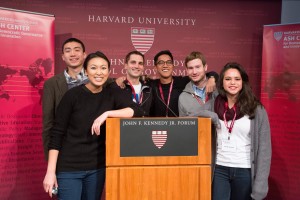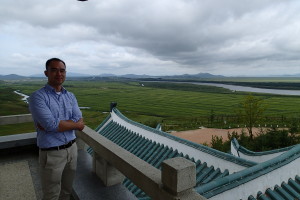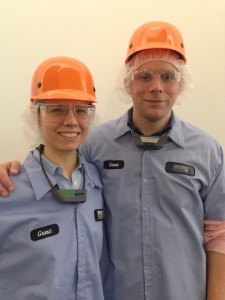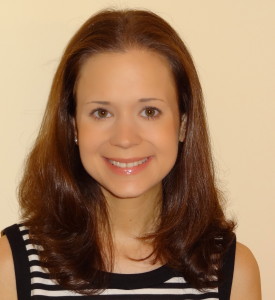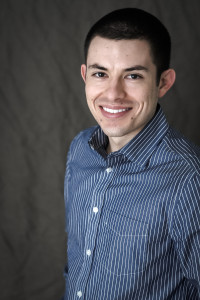 Harvard Law School 3L Steven Salcedo is among 12 law students recognized by the Association of Corporate Counsel (ACC)-Northeast for “exemplary commitment to ethics in the course of their clinical studies.”
Harvard Law School 3L Steven Salcedo is among 12 law students recognized by the Association of Corporate Counsel (ACC)-Northeast for “exemplary commitment to ethics in the course of their clinical studies.”
Salcedo was nominated for the award by Harvard Law School Lecturer on Law Amanda Kool, who supervised Salcedo during his more than three semesters of clinical work with the Transactional Law Clinic’s Community Enterprise Project. In her nomination letter, Kool praised Salcedo for his work drafting a guide for immigrant entrepreneurs and helping immigrant clients on issues related to their business ownership, tasks which raised complex ethical issues.
“Put simply, I’ve never met a student more committed to the ethical rules than Steven Salcedo,” wrote Kool in her nomination. “He is far from reckless, but neither is he afraid of blazing (calculated, well-researched) trails to the effective delivery of legal services to the most vulnerable of clients, using the ethical rules as his roadmap each step of the way.”
Salcedo jumped into clinical work through his participation in the Community Enterprise Project of the Transactional Law Clinics (CEP), which allows HLS students to help small business owners, entrepreneurs, and community groups create businesses, obtain permits and licenses, and negotiate contracts and other transactional (non-litigation) services. During his first semester with CEP, he and a fellow student proposed creating a legal resource for immigrant entrepreneurs and those who work with immigrant entrepreneurs. The project was accepted and Salcedo continued with the clinic for an additional semester to see the project to fruition as the project team leader. The first-of-its-kind guide, A Legal Overview of Business Ownership for Immigrant Entrepreneurs in Massachusetts, was published last fall.
As a result of his work on the publication, Salcedo built a reputation for expertise and decided to stay on for a third semester of clinical work with CEP to continue representing immigrant entrepreneur clients.
In a recent Harvard Gazette article on the CEP, Salcedo said, “Lawyers can’t make economic development happen by themselves, but we can contribute to help solve poverty by enabling people to do what they want to do. We’re like a bridge; we take them from where they are to where they want to be.”
Salcedo is also a recipient of a 2016 Skadden Fellowship. After graduation, he will work at Western New York Law Center in Buffalo, New York, providing transactional legal services to low-income entrepreneurs with the goal of generating jobs, goods and services in under-resourced neighborhoods.
Salcedo will receive the award at a gala reception for the honorees on Monday, April 25, at the Institute of Contemporary Art, in Boston. Each recipient of a Law Students Ethics Award will also receive a $1,000 check from the ACC-Northeast Chapter.
The Association of Corporate Counsel (ACC) is a global bar association that promotes the common professional and business interests of in-house counsel who work for corporations, associations and other private-sector organizations through information, education, networking opportunities and advocacy initiatives. ACC-Northeast, sponsor of the annual Law Student Ethics Awards, serves the states of Massachusetts, Vermont, Maine, New Hampshire and Rhode Island.


